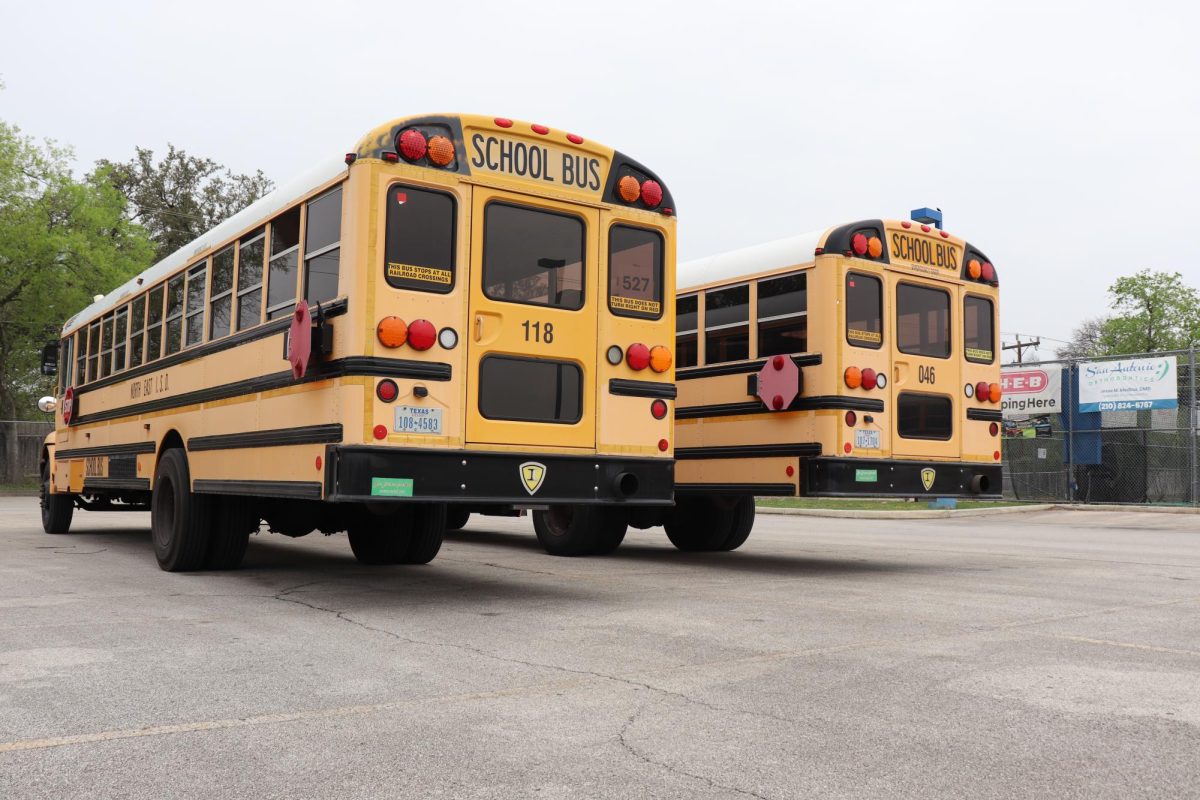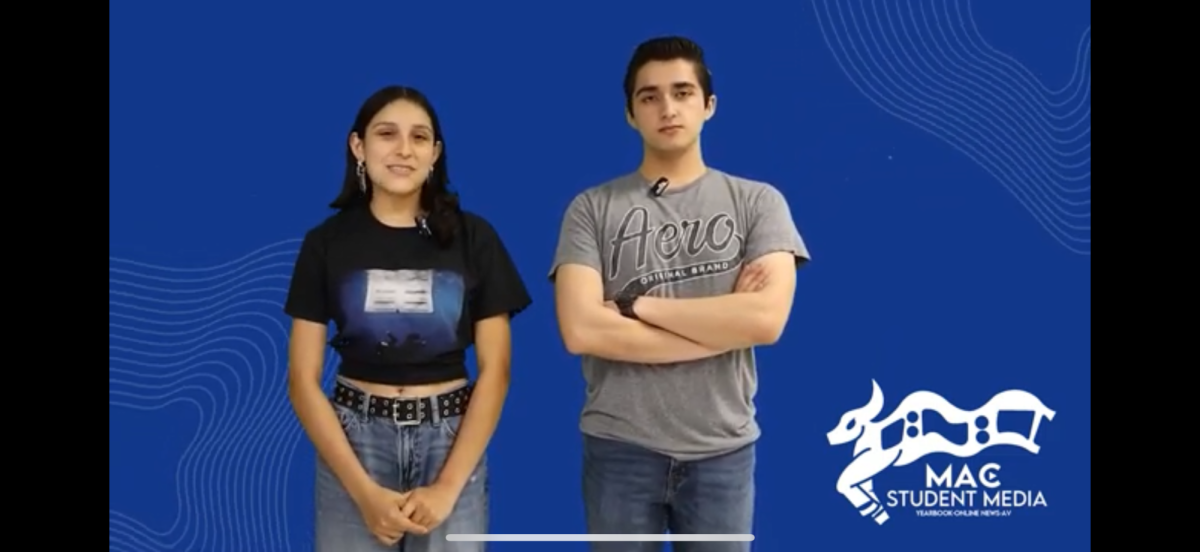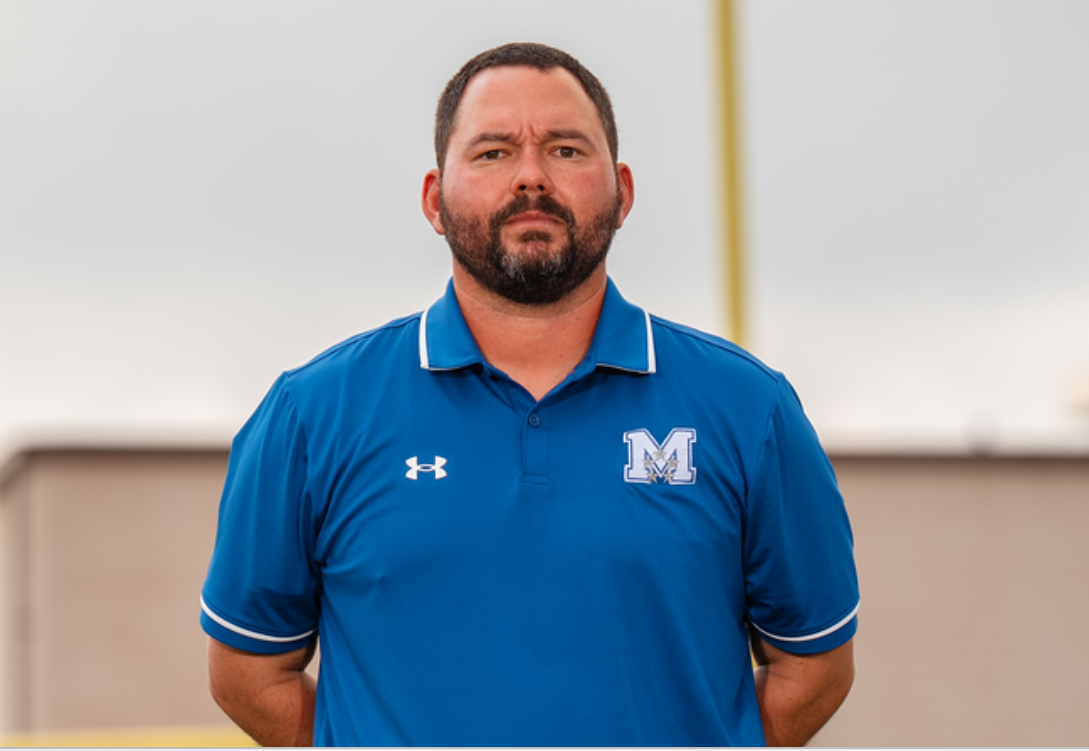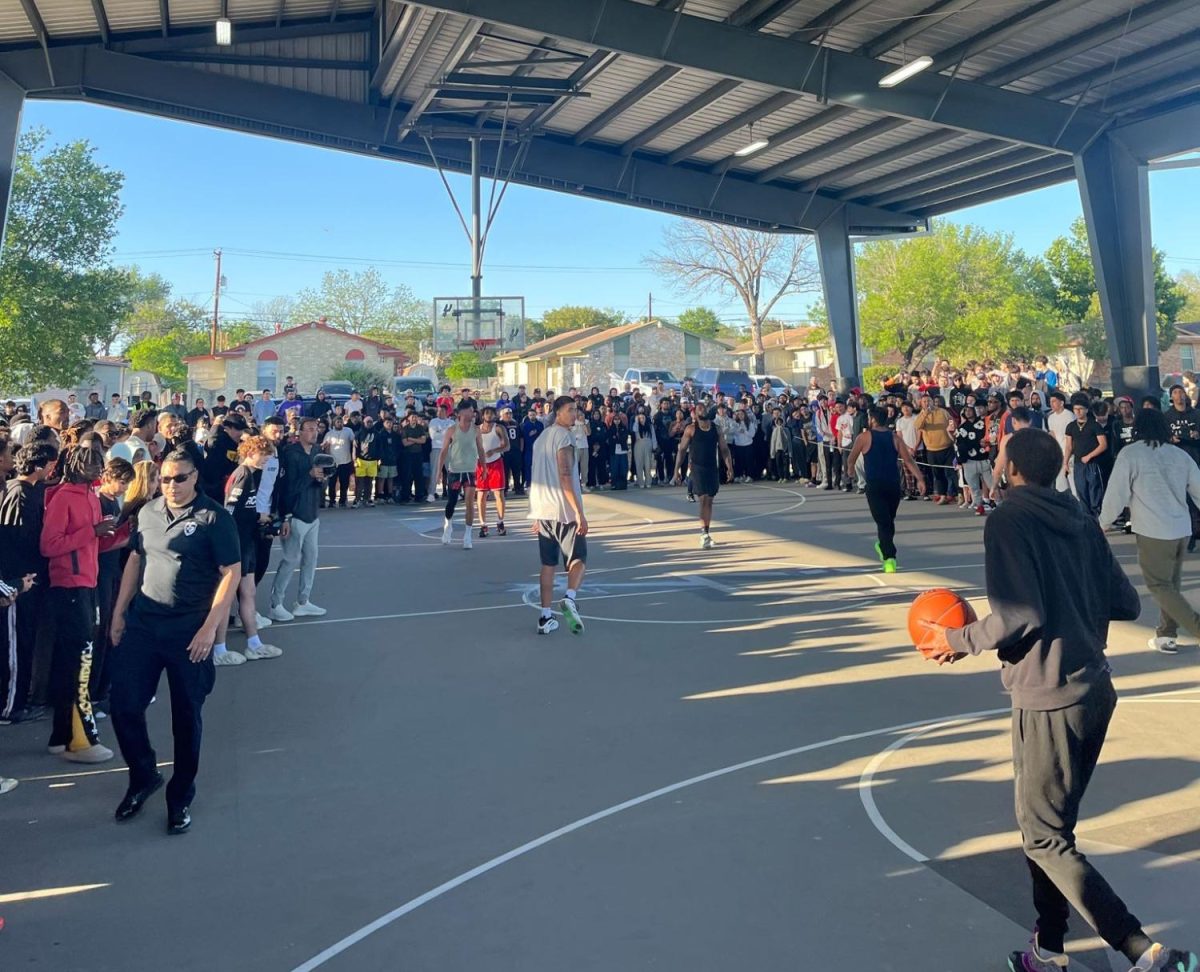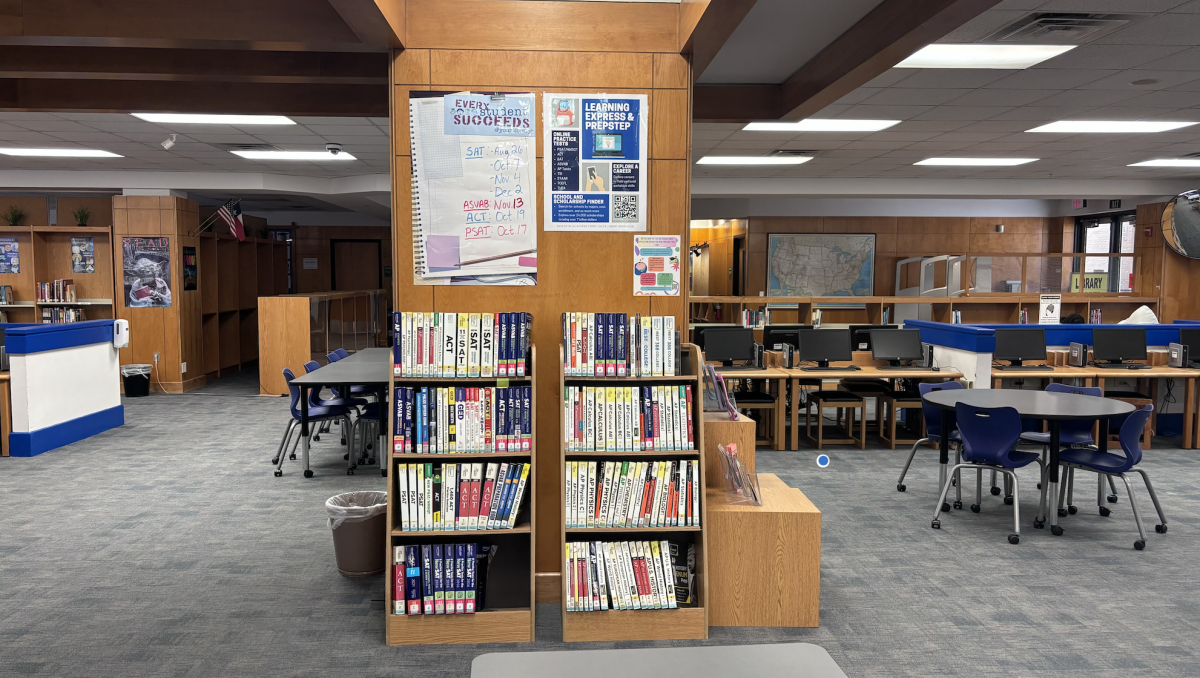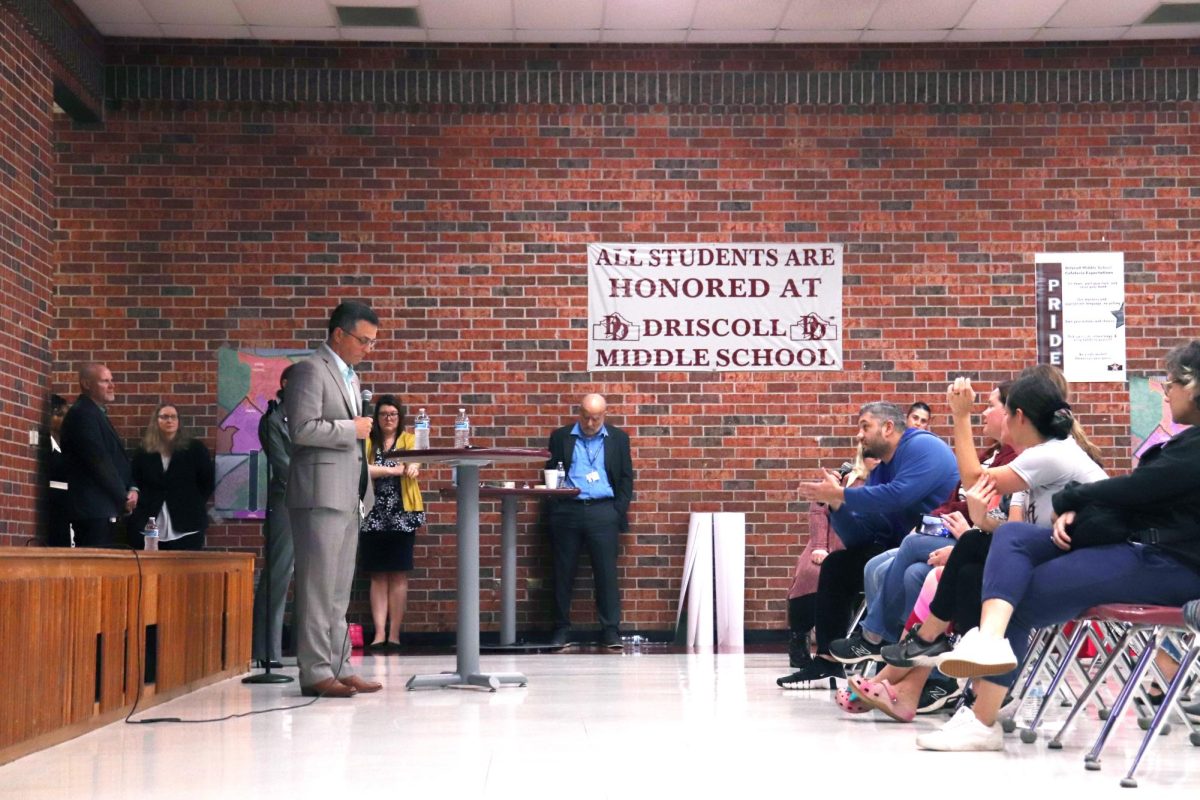Schools in every district provide a plethora of courses for students to choose from. There are classes such as photography, band, college level algebra, AP biology, and so much more. These classes are all helpful in future career goals, however there are things about normal adult life that kids will be clueless about when they graduate from high school. Many students leave high school without knowing how to file taxes, buy an apartment, or even what a mortgage is. Students can go to their parents, however not everyone has the family support to provide them with information on the necessities of the real world.
Students need to be better prepared for adulthood before they graduate.
Even though some districts have tried to implement programs, the Tax Crisis Institute reported that PricewaterhouseCoopers conducted a study in 2016 where they found that only 12% of schools in the United States teach students how to regulate their money and budgets. EducationWeek found that a survey by the National Center for Education Statistics in 2019 through 2020 concluded that there were around 128,961 schools in the country. This included public and private schools. If you apply the statistic from 2016, it would show that there are only 15,475 schools that teach personal finances.
Other platforms have documented the benefits from teaching financial literacy within school. In a Forbes article from October of 2022, the site reported that without that financial education, it will only add to the amount of people who have unhealthy spending habits and increasing debt. It is especially crucial for students who don’t have the support of family members to instruct them on how to manage their money. If more schools reach out and produce programs to educate on monetary tools to keep students from falling through on deadlines for taxes or being able to pay rent.
This issue is not one that is important to one person. Several students have expressed the desire to have a personal finance class, or at least to have the option. When it comes to the upperclassmen who are heading off to college, the military, or even working, it can be stressful having to try and figure out how to be smart with money and banking, along with everything else that comes with adulthood. Seniors also have the FAFSA and scholarship applications that add another stress level. We have a College and Career Center to help with the nuances of higher education and military readiness, therefore having a class for personal financial literacy could add another layer of preparation.
According to previous Mac students, the school used to have a “Money Matters” class where students could learn about income tax, insurance, and several other factors when it came to finances. The class did not account for a college credit, but it was helpful for those who were in it. If there was an opportunity for the school to be able to have a teacher take the class and run with it, students would graduate with a better sense of what they can do with their money in a responsible way.
The addition of a money matters or financial literacy class has the ability to give students the advantage of monetary safety. It is different than an economics class where lessons involve systems within the government and societal finances. It is geared towards the lives of adults and the way responsibility over money shifts. It can give students greater understanding, and preparation for adulthood.
